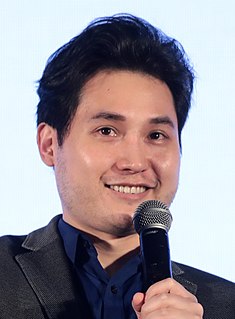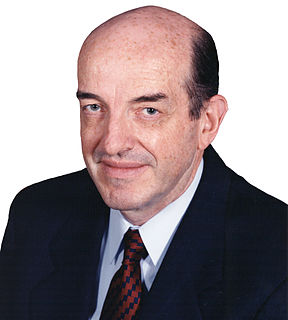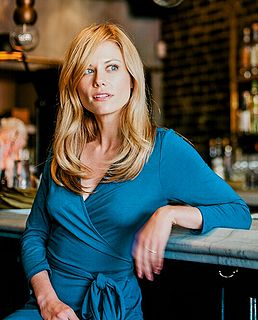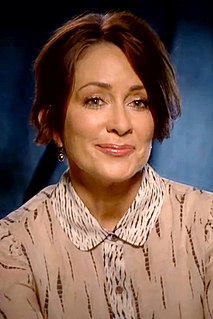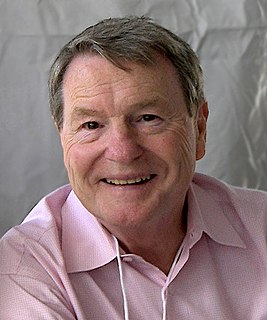A Quote by Kevin Maney
I reluctantly signed up for a journalism major, thinking I needed a fall-back way to make money should my career as a novelist fail to take off. As I started to try on journalism, including doing internships and working at the campus paper, I found I actually liked it. So I started to want to be a journalist.
Related Quotes
I was in the journalism program in college and had some internships in print journalism during the summers. The plan was to go to Columbia University Graduate School of Journalism to learn broadcasting after I graduated. I was enrolled and everything, but ultimately decided that I could never afford to pay back the loan I'd have to take out.
Journalism continues to go south, thanks to big media and its strangulation of news, and there's not much left in the way of community or local media. Add to that an internet that has not even started thinking seriously about how it supports journalism. You have these big companies like Google and Facebook who run the news and sell all the ads next to it, but what do they put back into journalism? It isn't much.
From about ninth grade on, I knew I was a writer at heart. I had fantasies of being a great novelist, but I thought that seemed like an iffy way to try to make a living. So I tried journalism while in college, and really liked it. But even in journalism, I've always pursued ways to be somewhat literary, whether writing a column or writing books.
The print magazine and print journalism industry is obviously in a great deal of trouble, and one of the things that happened when this business started to give way to the Internet and to broadcast television is that a lot of organizations started cutting specifically investigative journalism and they also started cutting fact-checkers.
Anyone who does investigative journalism is not in it for the money. Investigative journalism by nature is the most work intensive kind of journalism you can take on. That's why you see less and less investigative journalism at newspapers and magazines. No matter what you're paid for it, you put in so many man-hours it's one of the least lucrative aspects of journalism you can take on.
Journalism today is obviously in a major transition. Going to journalism school, learning how to write, working your way up in a little paper in Decatur, Georgia and then moving to Atlanta and then maybe to New York: it's just over. You have to have a whole other set of skills now. You have to be a videographer, you have to do social media. You can't do a long, thoughtful, insightful piece if you don't have the time to do reporting, particularly reporting around somebody who doesn't want to be known or an issue that doesn't want to reveal itself.
I started getting these attacks in 2009, just as my music career was taking off. I'd be doing photo-shoots and started to feel like I was having heart attacks. Increasingly I found it difficult to step outside my flat. Things started to get better after I saw a therapist, who told me I needed to make peace with my panic attacks.
I started as a print reporter. I’m a journalist and that’s what I do. My function is an anchorperson, but it’s in a journalism context, and gravitas and coats and ties and haircuts and all that sort of stuff, I’ll leave to others. My thing is just to do my job the best way I know how and as I say I’m very fortunate to be able to do it the way I want to do it.

